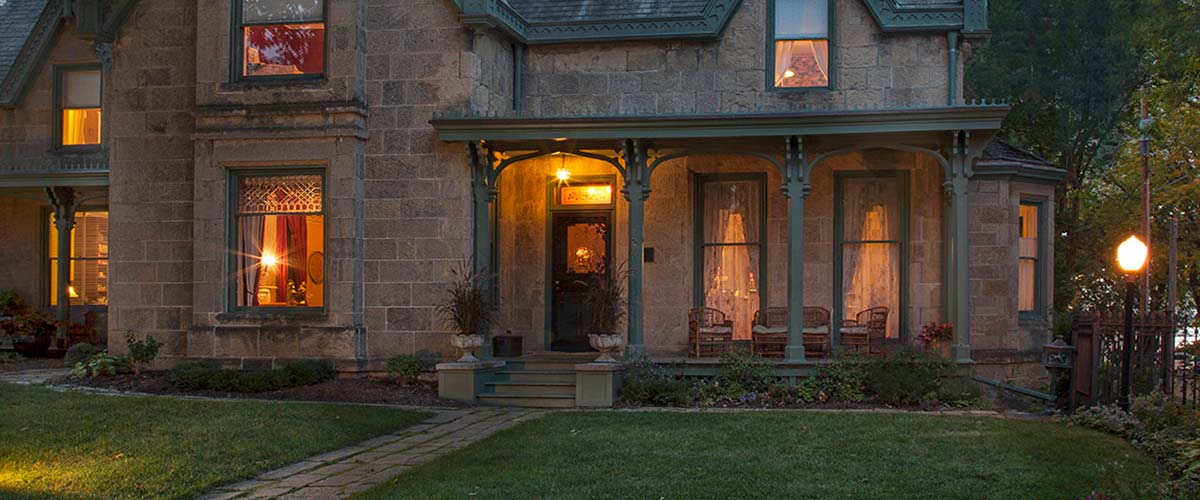I can’t tell you how many times I’ve heard our kids say this as we travel by Lake Mendota, the largest of Madison’s lakes. The Livingston Inn has lakefront access to this body of water and we are located only three blocks from the lakeside James Madison Park. The view of Lake Mendota along Gorham Street as you pass the park is stunning. Summer or winter, morning or evening, brilliant sunshine or dense clouds, the lake appears to shift its visual appeal with the slightest change in light or temperature. It’s something that is certainly not lost even on pre-teen and teenage children.
Our appreciation of Madison’s lakes had led me to reinforce my thoughts about water. I grew up in the semi-arid climate of Denver, Colorado, and so have been keenly aware of water’s value as a natural resource. I read Marc Reisner’s Cadillac Desert in my twenties and have never forgotten its lessons about water policy in the western U.S.
More recently, I am glad to see here in Madison that we have become more aware of the issue of the quality and quantity of water. I really like the work of the Clean Lakes Alliance (CLA). The organization is dedicated to improving water quality of all lakes in the Yahara Watershed, which includes Lakes Mendota, Monona, Wingra, Waubesa, and Kegonsa.
CLA is also raising awareness of the critical value of water as a global resource. During World Water Week, March 19 to 23, CLA will partner with water experts and local businesses to remind us we all share the same water. Each of us can have a positive impact on local water quality and quantity while contributing to the notion to “think globally, act locally”. During World Water Week, look for local restaurants to request a $1 donation for a glass of tap water to recognize how fortunate we are to have clean water normally available for free in our homes and out at restaurants.
I also read a great excerpt in the March issue of Utne Reader from Cynthia Barnett’s book, Blue Revolution. Like CLA, Barnett explains how important it is that we begin to recognize water as a valuable global resource and that each of us has a responsibility to conserve water within our communities. We can make choices daily that together change the future of water conservation. And I say “choices” and not “sacrifices” because many of the things we can do to conserve water range from fun projects to simply a change of habit. Rain barrels, rain gardens, and thoughtful use of water on our lawns, gardens, and in our homes can make an impact.
Magical. That was my daughter’s description this morning as we drove by Lake Mendota as an enchanting mist rolled off it. I cannot imagine anyone in Madison feeling different than my family about our lakes. They are beautiful and something we would miss immensely if one day they were suddenly gone. I am thrilled to see greater efforts dedicated to improving the current state of our lakes and ensuring they hold a special place in our community for many years to come.




